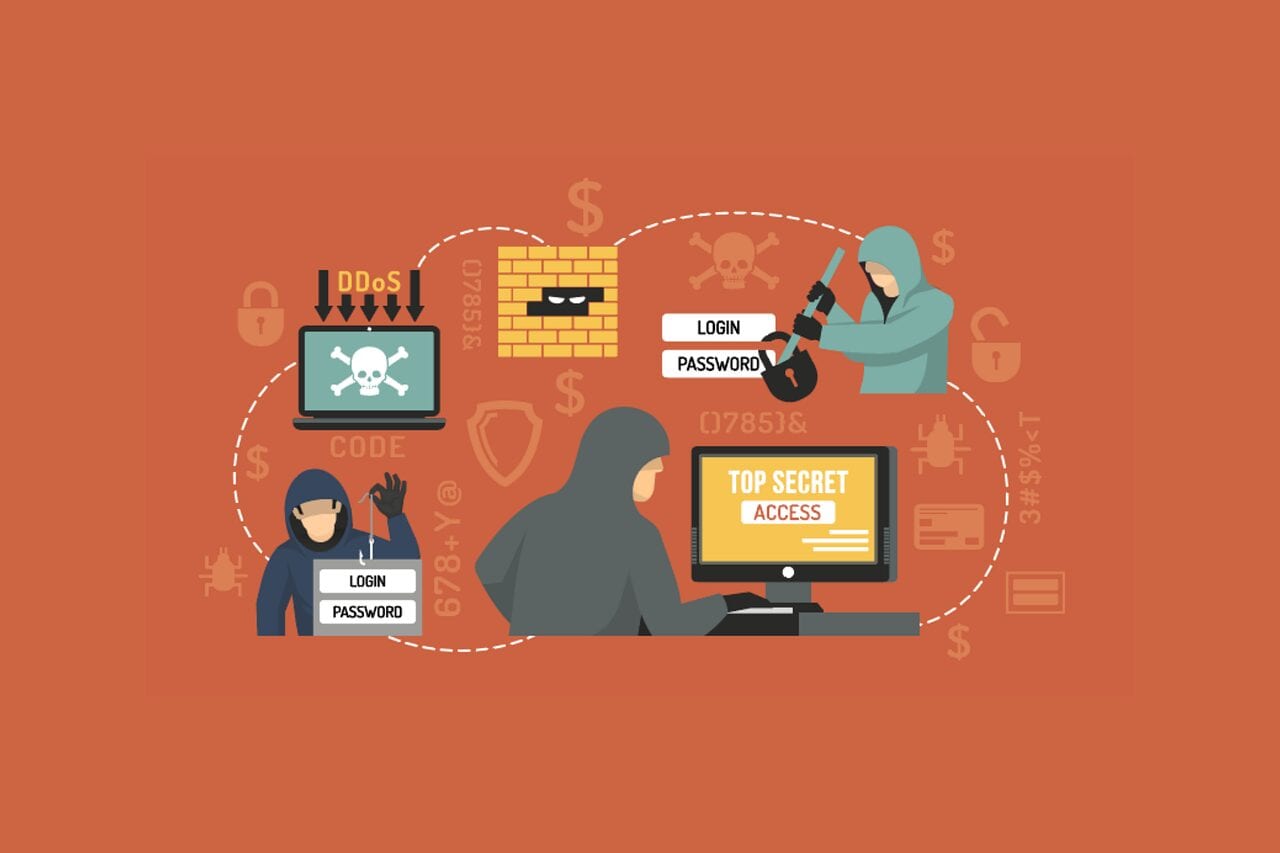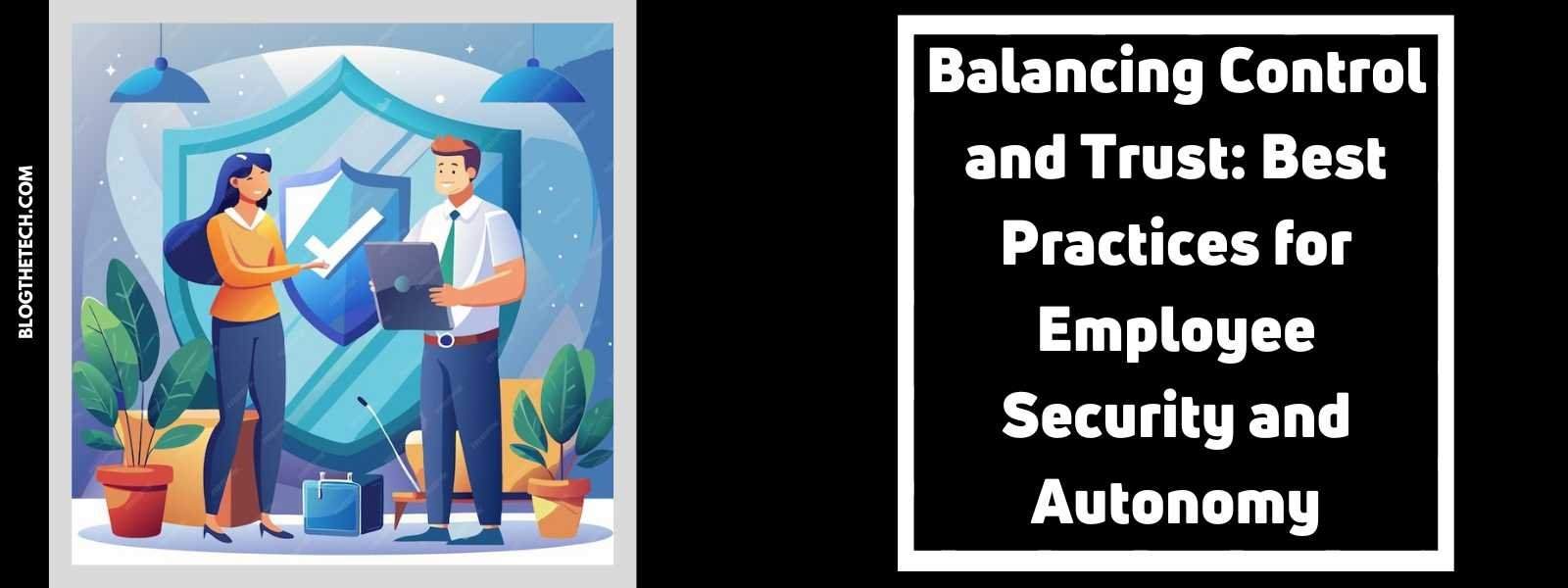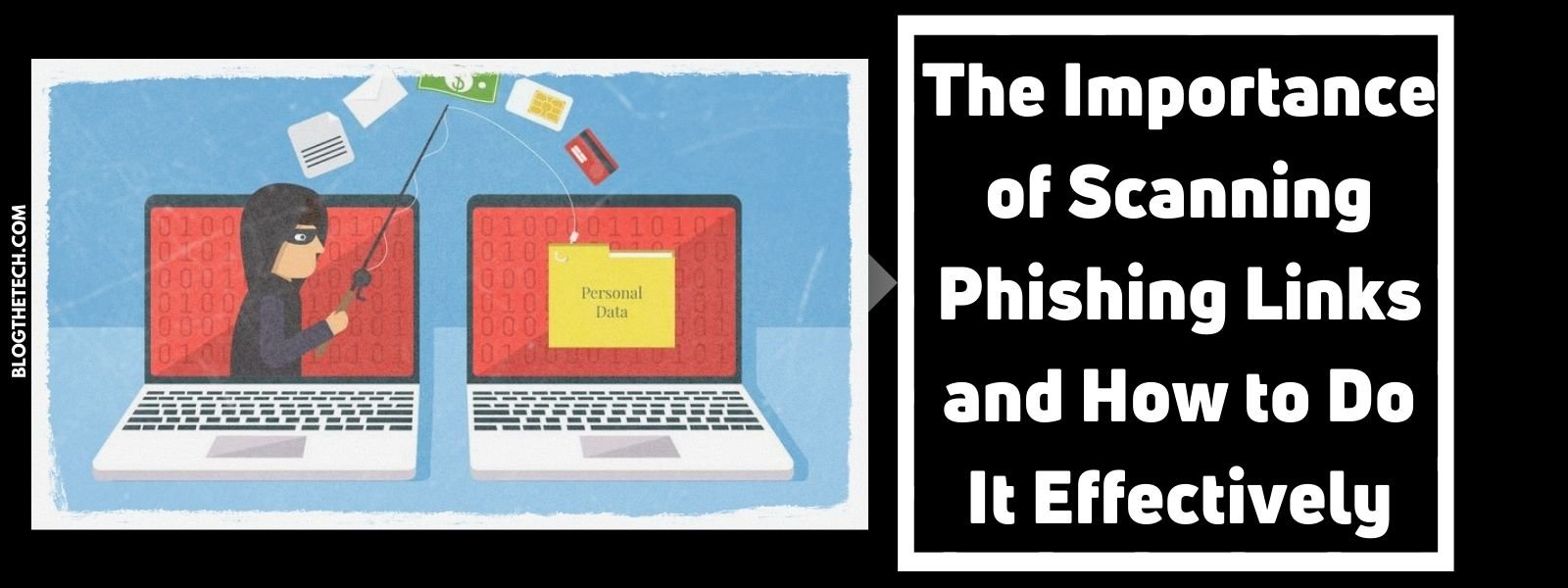More than 80,000 cyberattacks happen every day. Anyone who uses a computer connected to the internet should take steps to protect themselves against cyberattacks. However, businesses particularly need to do so, because not only are these attacks a threat to the business, but they also put the business’s customers and website visitors at risk. A Content Security Policy can help defend your business against certain types of cyberattacks.
What Is a Content Security Policy and What Does It Do?
A Content Security Policy is a function built into web browsers that limits what the browser will do on a website. When you include a Content Security Policy in your website, the user’s browser checks all of the items that the website’s HTML requests. If some aspect of the item, such as the origin of an image or a script is not permitted by the CSP (Content Security Policy), the browser will not execute that item. The items to be blocked are specified by you in the CSP. This helps you ensure that visitors to your company’s site get the experience that you intend for them to have. Various tools are available to assist you with implementing a policy control function.
Why Do You Need a CSP?
Web security depends on same-origin policy, which stops a website from accessing data that is outside the website’s origin. However, many modern websites utilize assets, such as scripts, from external sources, such as Google Analytics scripts, content delivery networks, styles, fonts, social media buttons, and comment modules.
Hackers use cross-site scripting attacks to cause websites that are trusted by users to deliver malicious code. Without the protection of a CSP, a browser may execute all code that comes from a trusted origin because it can not distinguish between legitimate code and malicious code that has been injected into a trusted site. A CSP tells the browser which content sources to trust and which to block. This can prevent hackers from accessing many common injection vectors and lower the risk of XSS attacks.
Also Read: Bitdefender Total Security review: a reliable antivirus software or half-baked app?
What Is an XSS(Cross-site scripting) Attack?
Most websites have input fields, such as comments sections, log-ins, or search functions. Hackers can enter scripts into these fields. If the server does not block these scripts, they can provide the hacker with control of the website or the user’s web browser. XSS attacks can result in user accounts being hijacked, sensitive data being stolen, credentials being stolen, and unauthorized access to user’s computers.
Vulnerabilities to XSS attacks are one of the most common flaws in web applications. XSS attacks can be very damaging because an attacker who successfully exploits a vulnerability can gain full access to the data in the application and all other applications hosted at the same domain. Additionally, the attacker may retain access without the user realizing anything has happened.
How Does Content Security Policy Work?
When clients and servers communicate online they exchange data through Hypertext Transfer Protocol. The HTTP header fields transfer parameters as part of these requests. CSP is incorporated as a response header field.
The website operator creates the CSP and inserts it on every subpage of the website. Different security precautions can be defined for each page on the site. The CSP can be embedded directly into the server configuration or implemented by creating .htaccess files.
Once implemented the CSP works similarly to a whitelist. The header names the sources from which scripts and data can be loaded. If the browser encounters an unknown script or another external resource not named in the header, it will not execute it.
When combined with other security best practices, a Content Security Policy can significantly lower the risk of your website being exploited by an XSS attack. This provides an added layer of protection for your business’s and your customer’s valuable data and helps protect your reputation. Additionally, it reduces the potential liability you could face for exposing users of your website to malicious code.





